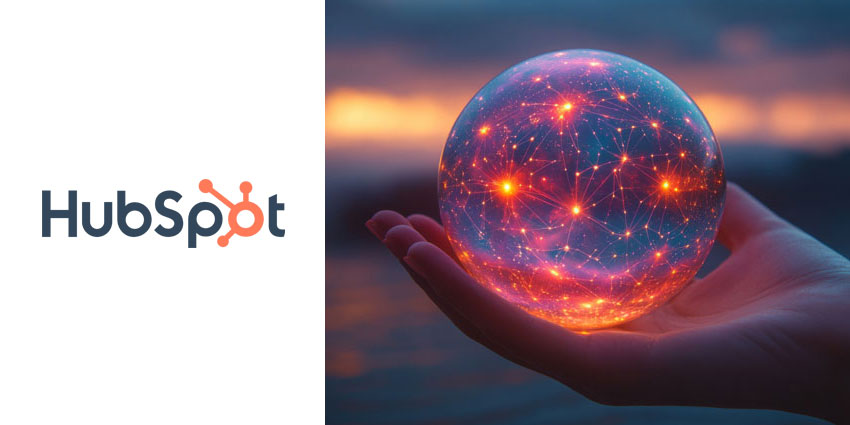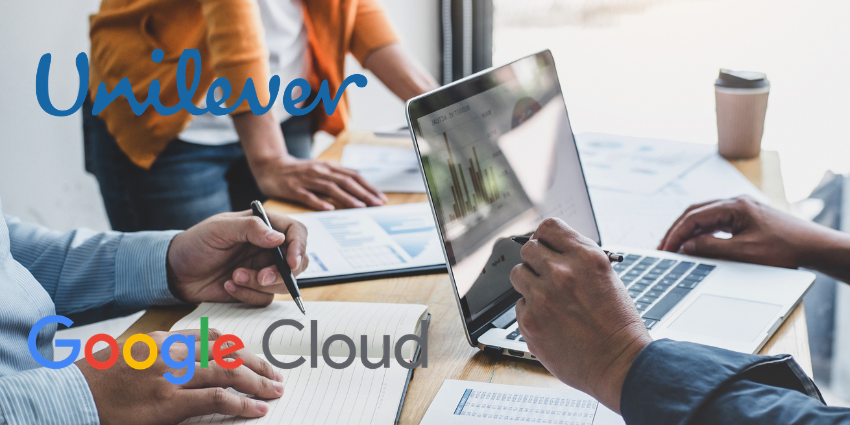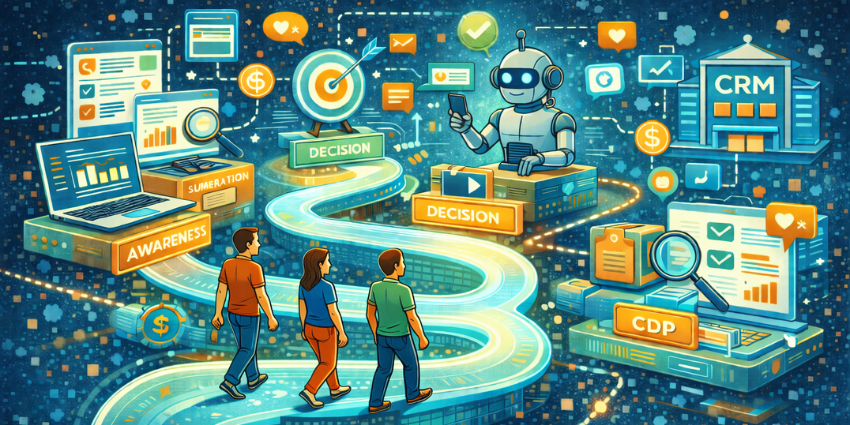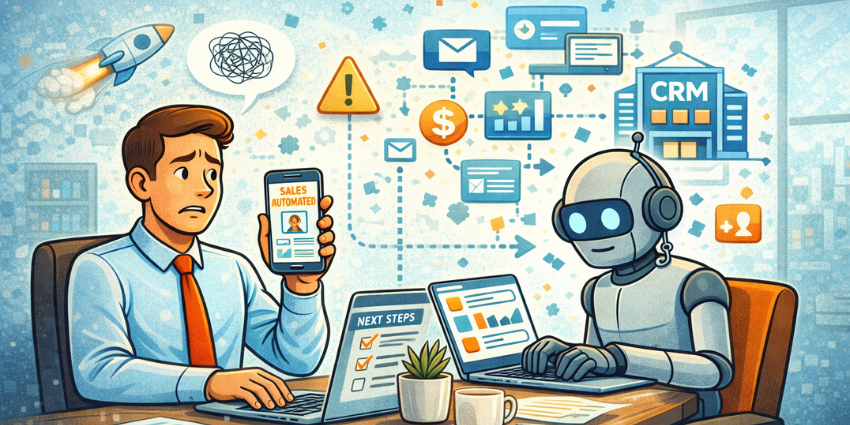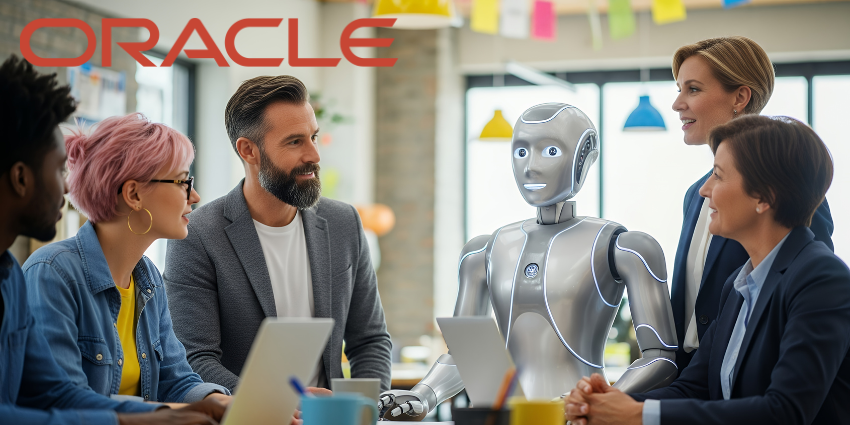First, there was generative AI. Then, there was agentic AI. Now, industry experts are debating what will be the next big thing in enterprise AI.
For Dharmesh Shah, Founder & CTO of HubSpot, it is Model Context Protocol (MCP).
Model Context Protocol (MCP) standardizes how enterprise data sources and apps provide context to LLMs.
Think of it as a “universal connector” for AI and data, enabling models to produce better outputs.
Shah took to LinkedIn and stated: “Someday soon, each of us will have our MCP moment.
He acknowledged that while it won’t be as powerful as the ‘ChatGPT moment’ of 2023, “it will open our eyes to what’s now possible.”
“It’ll Be Magical.” Big Hype, But Is It Founded?
Consider Claude Desktop. Already, it interacts with several MCP Servers from different companies.
This configuration gives the LLM hundreds of tools it can leverage based on prompts.
Shah explained: “I can have the LLM use agents on Agent.ai (HubSpot’s prospective agentic AI platform), access CRM data in HubSpot, read/write to a specified directory in my local file system, read/write messages to Slack, and access my Google Calendar and Gmail. The possibilities are endless.
The beauty of MCP is that it’s an open standard that defines how MCP Clients (in this case, Claude) can talk to arbitrary MCP Servers that provide lots of different kinds of capabilities.
The benefit is that clients don’t need to be custom-coded to talk to certain APIs, and servers don’t need to account for different types of clients.
In closing his post, he told users that despite some “trickiness” in setting up, “when OpenAI adds support for MCP to ChatGPT, things will be smoother.”
While that prospect is exciting, businesses with untrustworthy data stores may endure lots of that trickiness.
Additionally, they may struggle to wrap a safe permissions model around the deployment and face a lot of questions from their regulatory team.
Noting these issues in response to Shah’s post, Pranjal G., Founder & CEO of DataXLR8.ai, stated:
The dirty truth about AI “integration standards”: They solve engineering problems, not business problems.
“I just watched a Fortune 100 company burn $4.5M on almost exactly this vision before their DLP team shut it down over data leakage concerns,” he continued.
“What actually works? Building narrow, focused solutions for specific high-value workflows with clear ROI.”
Nevertheless, while the comment may resonate, S2hah’s post continues to capture lots of attention on LinkedIn, with mostly positive responses.
OpenAI Has Already Indicated Its Support for MCP
Interestingly, OpenAI made moves to connect with MCP servers just last week.
Yet, its developers explained, “We’re also working on MCP support for the OpenAI API and ChatGPT desktop app—we’ll share some more news in the coming months.”
Check out their post on X below.
MCP OpenAI Agents SDK
You can now connect your Model Context Protocol servers to Agents: https://t.co/6jvLt10Qh7
We’re also working on MCP support for the OpenAI API and ChatGPT desktop app—we’ll share some more news in the coming months.
— OpenAI Developers (@OpenAIDevs) March 26, 2025
Other HubSpot News
While Shah speaks on the future of enterprise AI, he still has his eyes firmly on HubSpots Agent.ai, which continues to see wins.
Speaking nonchalantly on another post, Shah said: “One thing led to another, and now we have 1.1 million users on the platform.
If you’re curious about AI agents, this is a great time to jump in and try things out. I’ve removed as many barriers as I can.
The platform is free for builders and users while in beta, and there is also a low/no-code tool for creating simple agents that can “scale to more sophisticated ones.”
Agent.ai also provides access to all the latest AI models (o3-mini, DeepSeek, Claude 3.5 Sonnet, Flux, Ideogram, etc.).
